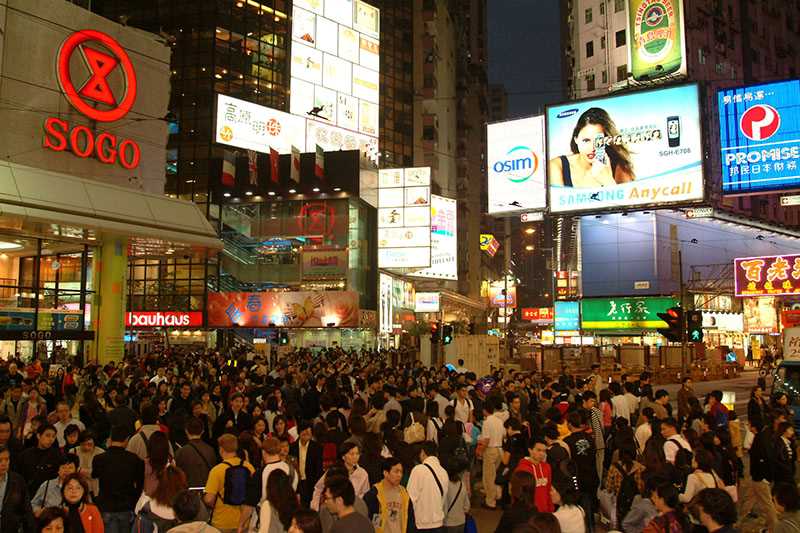The content on this page is marketing communication
Over six billion to services
The colonial mindset that emerging markets are commodity sellers and so-called developed markets buyers is one that should have been scrapped long ago.

Since the turn of the millennium, an increasing number of emerging market countries have gone from being commodity exporters to commodity importers. We are experiencing a shift in the global economy that most people appear to be unaware of.
If you had claimed a few years ago that the US would be shipping its first cargo of oil and gas out of the US this year, people would have thought you were slightly deranged.
Despite this shift in trend, falling commodity prices have reinforced investors' belief that emerging markets are a dangerous place to be. It is understandable that many investors have bitten their nails to the quick and fled the Brazilian and Russian capital markets.
Door opener
However, emerging markets are so much more than just commodity producers - insofar as we should even still be talking about emerging markets versus developed markets. The world has always been round, but it is now more global than ever. All companies, regardless of where they are located on the globe, have access to the latest technology. This is a door opener for most markets in the world.
Some countries are also leapfrogging over most of the industrial cycle and heading straight into the service sector. Advanced machines, robots, high-frequency internet and artificial intelligence have made human labour within production and logistics superfluous.
As the renowned economists Erik Brynjulfson and Andrew McAfee put it: The digital revolution is so strong that it is transforming the world economy yet again.
A good example of a country that has taken a quantum leap is South Africa. 80 percent of the value on the Johannesburg stock exchange is linked to companies within the service sector.
Of the 7.3 billion people in the world today, more than six billion live in emerging markets. Assisted by the digital revolution, they will provide a significant contribution to growth in the world economy over the next few years.
The sharing economy and technological innovations will be part of the everyday lives of these six billion people. This should result in higher productivity and better returns on invested capital. As investors, this is music to our ears.
Technological opportunities
Cars are no longer status symbols; they stand parked on display for most of their lifetime while solutions such as Carshare and Über are taking care of transport needs. Infrastructure is being adapted to and regulated by a new innovative world. The little mobile phone, with its ever bigger brain, is becoming even more indispensable as a life partner and information centre. In emerging markets the need for every conceivable gadget is smaller than we have seen in the US and Europe.
The central question we should be asking ourselves is when will consumers be satisfied, and when will we reach a time of "peak stuff"? When will the wardrobe be full enough? When will the living room be so packed with furniture that you trip over whichever way you turn?
We may well be at a crossroads and we may start buying less of what we really don't need. Environmental-friendliness is key and is the theme tune of our time.
Which brings us back to commodities and the recent fall in prices.
After 25 years of drought, in 2003 commodity producers could thank the Chinese for the boom that lasted until 2011. The champagne years gave rise to a massive rush to invest, and then brought on an equally large hangover. Effective use of a sharp knife quickly cut away the dead meat. In other words, it is unlikely that we will see any significant increase in prices in the near future.
Nevertheless, there is one exception, namely the agricultural sector. There were no boom years for this sector, so farmers have steered clear of the champagne bottle. As a result, there may well be much to harvest in the years to come, although it is doubtful that they will be driving round in Lamborghinis in the near future, as Jim Rogers insinuated at our New Year's Conference last year.


